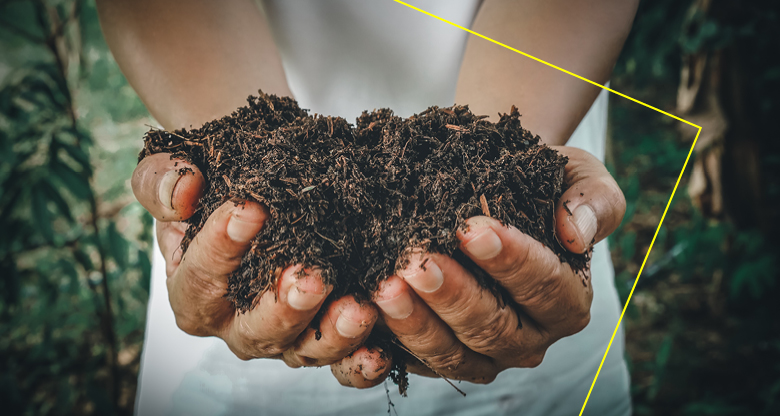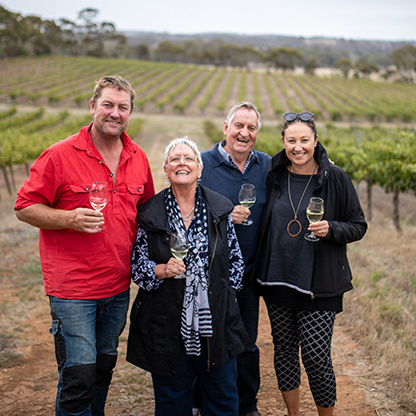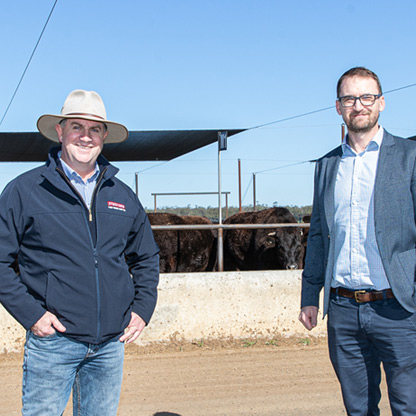Leandro Ravetti is joint-CEO and Executive Director of Cobram Estate. He says sustainability has always been at the core of the business, that now has over 2.5 million trees.
“We don’t view sustainability as a burden or something removed from the everyday. We believe that a sustainable pathway leads not just to better environmental outcomes but to a more successful business,” he says.
Today more than 100 people work in multiple sites in Victoria, across 6500 hectares of pristine olive groves, and come harvest time, production runs 24/7 to get olives off the trees and oil into bottles in an incredible turnaround time.
The business has worked with CommBank since 2005, and banker Stephen Rafferty says the bank believes in Cobram Estate’s goals.
“We have supported the business through frosts, floods and droughts. We have strong confidence in the ability of the management team to manage the business through volatile production cycles,” he says.
CommBank has supported the growth of the operation through transactional banking, global markets (risk management), asset finance and term debt to support the business to further expand in the US, with the purchase of two new parcels of land in California providing an additional 182 hectares to be planted to olives in FY2023.
Creating sustainable land management
From the start of Cobram Estate’s sustainability journey, it had the advantage of working with a naturally eco-friendly crop. “We are fortunate that olive oil is a particularly sustainable product,” Leandro says.
“It ticks all the boxes: it’s produced in a very natural way and is the only mainstream edible oil that actually acts as a carbon sink.
“We’ve placed a strong emphasis on good horticultural practices that help us make the most of water resources,” Mr Ravetti said. “We opted for sophisticated drip irrigation systems that are extremely efficient users of water. We also phased out harsh chemicals and set up sustainable pest and disease management practices.”
Initially, the company’s focus was on helping Australians understand the health benefits of olive oil. But Cobram Estate recognises that the next frontier in consumer education is demonstrating sustainability, both as a product and as a brand. Leandro believes this will open up even greater market opportunities in Australia and overseas.
Among a range of sustainability initiatives, Cobram is installing an Australian industry-first facility to process more than 25,000 tonnes per year of olive pomace – the pulpy leftover material that remains after most of the oil is extracted from the fruit. This process will upcycle the ‘waste’ material into several new circular-economy products.
This new plant, which utilises renewable energy from the combustion of their olive pit biomass, will result in an estimated 65% reduction in the volume of olive pomace material generated, together with lower greenhouse gas emissions.
“Demand for extra virgin olive oil is growing and production remains quite limited. In markets like Japan, Canada and the US, sustainability is a non-negotiable for consumers,” Leandro says. “To capture those markets, we need to be able to show our credentials – proving we deliver consistent quality and do it in a sustainable way.”
Talk to a CommBank Agribusiness Specialist about how we can support your business' sustainable transition.



